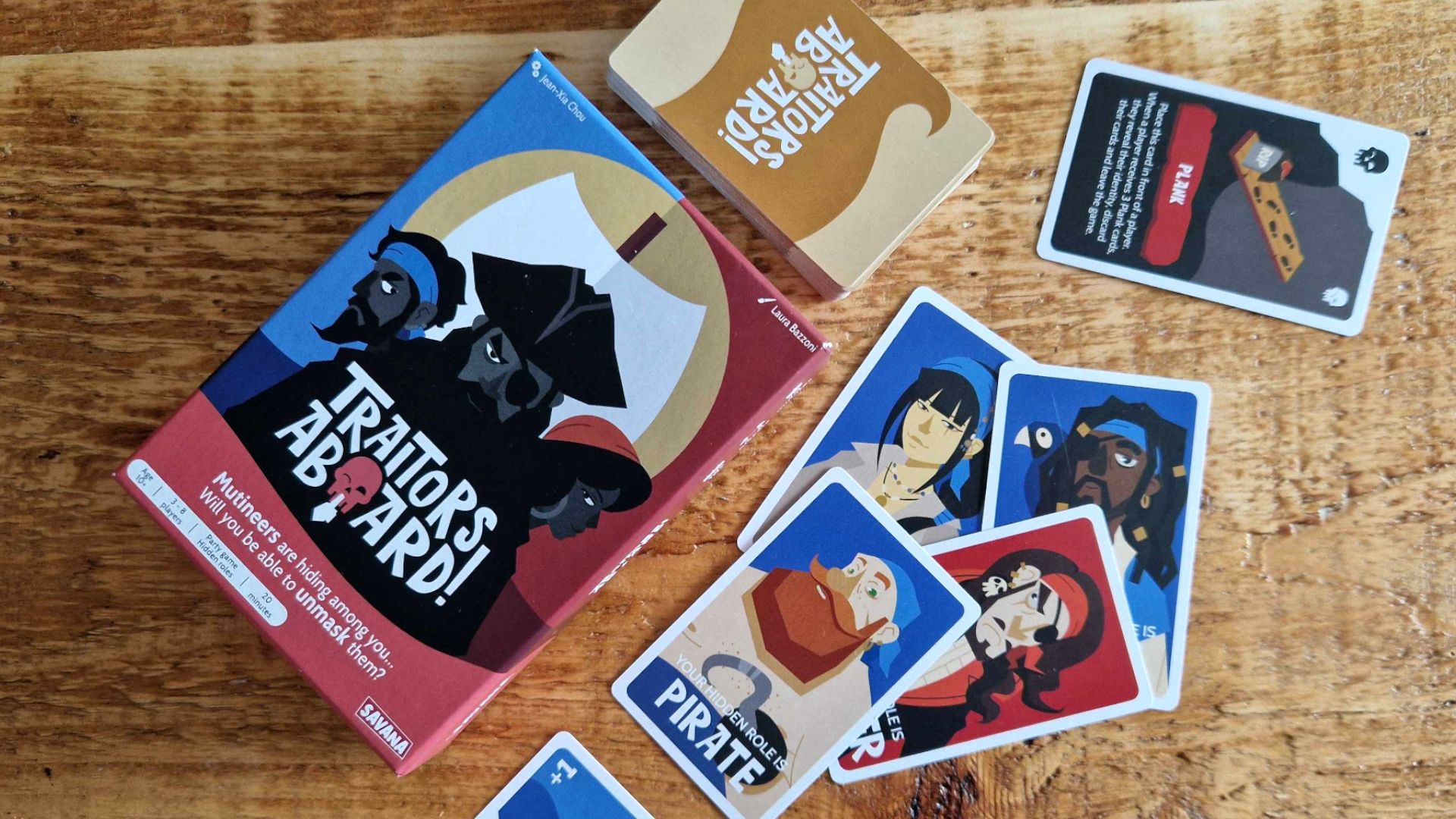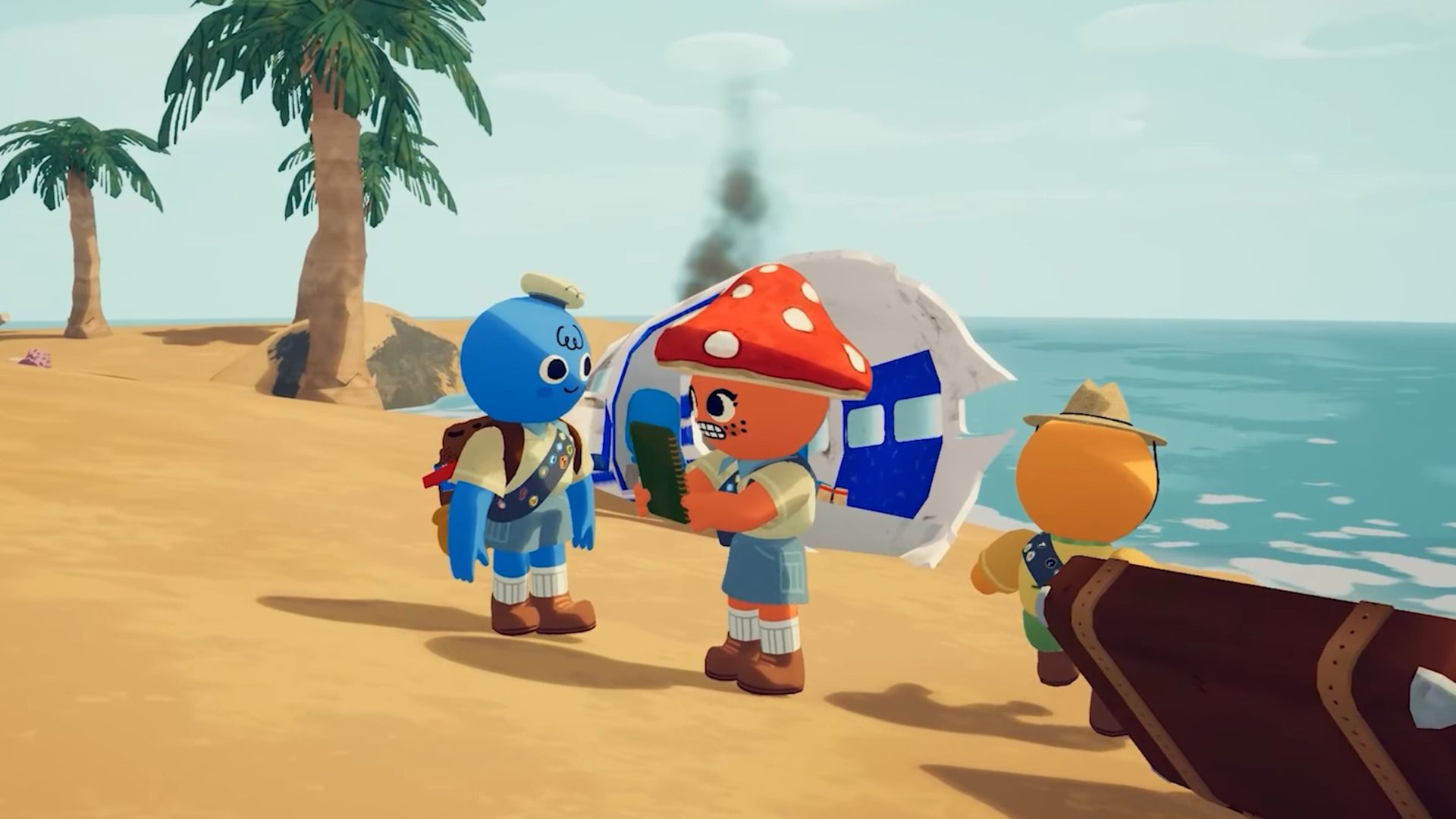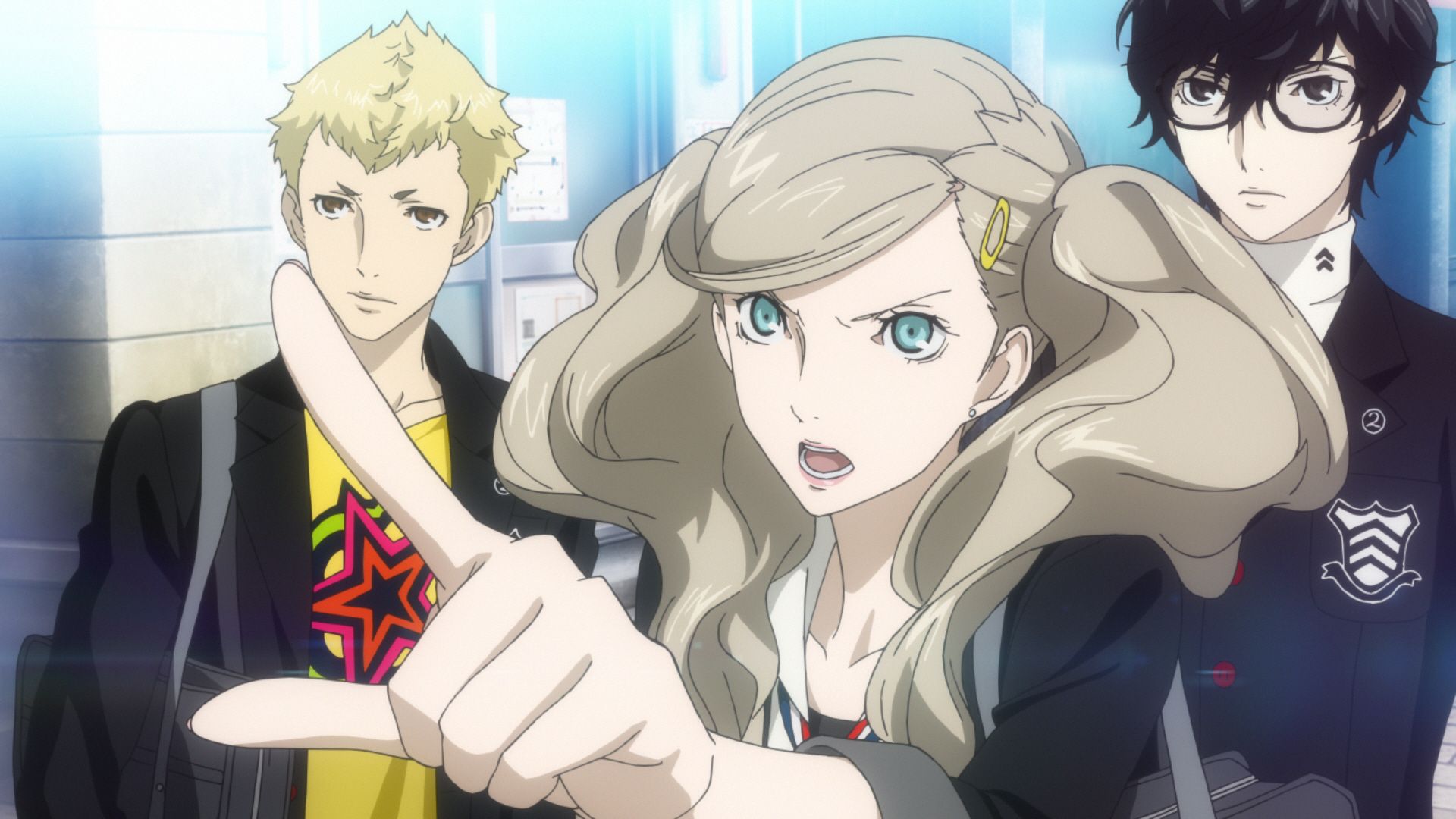Massively multiplayer superhero game City of Heroes commemorated its 20th wedding anniversary this year. It’s certainly revealing its age– it’s a somewhat antiquated, disorderly game in which gamers produce their very own Silver Age- design comics heroes and bad guys and run, fly, browse, and warp around the fundamental metropolitan area ofParagon City But you can still visit and play it, and become part of its little however enthusiastic area.
In itself, this is absolutely nothing uncommon. World of Warcraft likewise commemorates its 20th wedding anniversary this year; EverQuest, the game that motivated WoW, has actually remained in continual procedure for 25 years; Ultima Online has actually altered hands a couple of times, however has actually been running because 1997. Provided sufficient gamers end up being deeply purchased these on-line globes, they’re inclined to last. Even if the initial designer or author wearies, somebody else can usually be located to tackle the web server expenses and accumulate the membership costs.

This week on Polygon, we’re discovering exactly how superheroes are controling not simply comics and motion pictures, however all media, in an unique problem called Superculture.
But City of Heroes‘ tale is various. Publisher NCSoft closed the game down in 2012, and withstood figured out initiatives by followers and the game’s very own designers to maintain it online. For 6 years, City of Heroes continued to be unplayable, and its bereft area had no place to go– although there were reports of illegal usable web servers.
But after that, in 2019, the game’s source code dripped extra extensively, and a variety of follower web servers emerged. One of these, called Homecoming, swiftly developed itself as the largest and most expertly run, and in January 2024, NCSoft shocked every person by approving the team behind Homecoming a permit to run the game.
This finished an extraordinary rebirth. Almost 12 years after its death, City of Heroes was formally back. This is the tale of a game, and an area, that declined to pass away.
‘I played it religiously for years’
City of Heroes: Homecoming might have a main certificate and around 30,000 month-to-month energetic gamers, however it’s still properly a not-for-profit follower task, maintained by contributions. The group that runs the game utilizes pseudonyms in public (a safety measure required to prevent area dramatization spilling right into the real life). Over e-mail, I spoke withWidower “Trying to summarize any of our jobs in a few words is difficult,” he stated, however defined himself as “a sort of community manager” that had actually started as a game master on the group. Widower took his pen names from his favored bad guy personality in the game, Ghost Widow, “a ghost who can’t move on because of the untimely circumstances of her death.” In reality, he operates in charity fundraising; a lot of the group operates in IT or associated areas.
Widower stated that the Homecoming group has a wide range of experience with City ofHeroes Some played it from launch; others’ initial experience of the game was the Homecoming web server. Widower began playing City of Heroes around 2007 or 2008, when the game was simply entering its 2nd act. Original designer Cryptic Studios had actually gone on to make a Marvel- branded MMO, and offered City of Heroes to NCSoft, which poached numerous Cryptic team to develop a brand-new designer, Paragon Studios, to run thegame (The Marvel game was terminated, and ultimately changed right into CoH competitor Champions Online.)
Also signing up with Paragon Studios around that time was marketing lead and previous followerHosun Lee Lee had actually done an organization institution program in the very early 2000s educated by Jack Emmert, an initial developer on City of Heroes, that was servicing the game at the time and spoke with the course regarding it. “Two years later, the game came out,” Lee informed me on a video clip telephone call, with a screenshot of a bunch of City of Heroes gamers as his history. “It was like, Oh my God, I remember this game. And so it was actually the first MMO I ever played. […] I played it religiously for years. I almost got fired over it once.”
Lee, that had actually formerly operated at companies like IBM and Intel, located life at Paragon “very chaotic.” It was a group of around 70 individuals, regarding 60 of whom functioned straight on the game; there was likewise an area administration group. “I handled pretty much everything else,” Lee stated. “Marketing, advertising, retention programs, monetization, PR.”
City of Heroes had not been a significant hit, although it paid. “It always paid the bills and then some,” according toLee But it took on 2 somewhat more youthful games, Champions Online and DC Universe Online— and, as it ended up, the marketplace for superhero MMOs had its limitations. “One of the things we learned very quickly is the superhero market has a fixed audience size,” Lee stated. “They just went from one superhero MMO to another. […] It’s the exact same number of people. It’s just now they’re distributed among three games.”
This had not been sufficient for NCSoft. “I think NCSoft at the time had ambitions to be larger, a lot more grandiose in the West,” Lee stated. (NCSoft decreased to comment for this tale.) Inspired by World of Warcraft‘s huge success, the Korean author of Guild Wars and Lineage prepared a costly WoW rival, WildStar In 2011, Paragon created an effective free-to-play relaunch for City of Heroes, which revived lots of gamers and aided stimulate and restructure the workshop. But the list below year, NCSoft determined to close the game down.
‘It felt like we had lost a piece of ourselves’
At Paragon, there had actually been a frenzied effort to ward off the closure. “A group of us spent probably a solid month, month and a half doing everything we can to try and save the studio and the game,” Lee stated. “Everything from ‘Can we scale things down?’ to ‘Can we spin the studio off?’ There was even an idea to do a Kickstarter.” But NCSoft would certainly hold one’s ground, and it went on and revealed the closure of the game and the workshop.
However, it had not expected the toughness of sensation amongst the City of Heroes area. There remained in-game demonstrations, and a petition to keep the game alive gotten to over 16,000 trademarks. “There was a point when it almost tipped over,” Lee kept in mind. “The player reaction was a lot more intense than I think NCSoft realized. And so that actually forced NCSoft to go back to the negotiating table. […] Unfortunately, obviously it didn’t work out.”

City of Heroes was switched off at twelve o’clock at night, Pacific time, onNov 30, 2012. Like lots of gamers, Widower was on-line at the time, claiming goodbye to the game that had actually implied a lot to him. “I was on the Beta server on the night of shutdown, which happened to be the last server to go down; around 18 minutes after everything else,” he stated. “LFG [the main chat channel] in those last few minutes was, as you’d expect, partly funereal, but there was still that irreverent humor that characterizes MMO communities all the way to the end. It was very surreal!
“For so many of us, finding out the game was shutting down hurt in ways we couldn’t have expected,” Widower stated. “Many of us built communities, lifelong friendships, and in some cases marriages and families through the game and had never considered the possibility that it could one day disappear. It felt like we had lost a piece of ourselves or our second home.”
Now homeless, the City of Heroes area fragmented. According to Widower, the majority of picked not to leap to the game’s apparent superhero competitors; lots of CoH gamers had a “personal distaste” for Champions Online, he stated, whereas DC Universe Online was “too grindy, not enough customization.” Many wound up playing an additional Cryptic game, Star Trek Online, moving to the ever-popular WoW, or surrendering on MMOs completely.
Some half-functioning choices fully City of Heroes experience surfaced, like Paragon Chat, a variation of the game without material that still enabled gamers to mingle as their heroes. “In the immediate aftermath of the shutdown, I spent a bizarrely large amount of time playing around with Icon, the hack to make the character creator accessible even without a server,” Widower stated. Like lots of participants of the area, he sensed that City of Heroes could not and would not remain dead for life. “I always figured I would just wait until the game came back eventually — though I did not expect to be part of that myself!”
‘Oh shit, there’ s a Fight Club’
Hosun Lee stated he initially began listening to reports of a completely usable City of Heroes web server 3 or 4 years after the 2012 closure. “I guess there was kind of like a Fight Club rule,” he stated. “You don’t talk about Fight Club.” The code of silence really did not hold, however, and a couple of years later on, word went out. “Somebody did talk about Fight Club. Then, when people found out, it’s like, Oh shit, there’s a Fight Club.”
In April 2019 it was revealed that an exclusive web server had actually functioned, in key, for several years. Many in the CoH area were incensed at being omitted, however the dispute brought about prevalent circulation of the game’s source code and the facility of several openly readily available follower web servers. “A lot of people, some of us among them, were very angry that the game had been hidden from them for six years, as was their right,” Widower stated. But a core of followers that would certainly quickly end up being the Homecoming group “thought differently,” he stated. “While the circumstances surrounding the leak were not what anyone would have wanted, we recognized the opportunity to bring the game back for real, and immediately started working towards that goal.”
 Image: Homecoming/ NCSoft
Image: Homecoming/ NCSoft
Widower stated the Homecoming group integrated within days that April via a natural waterfall of intros: “A couple of people who had the knowledge and resources to run a server got together, and they got introduced to someone who knew how to handle community projects, and someone who knew how to handle the legal and financial aspects, and some people who knew how to handle the mess of the code. They picked up a couple volunteer game masters (among them myself) and off to the races we were! The community came along afterwards — we were pretty much the only [public] server in town for a few weeks there, so people came and never left.”
Many followers in the area fidgeted regarding spending time in web servers that had an uncertain lawful right to exist. Surprisingly, the Homecoming group had not been stressed. “Quite the contrary,” Widower stated. “We were in contact with NCSoft from day one in pursuit of having a friendly, stable, and long-term version of the game for everyone to enjoy, and we believed that working with NCSoft was the only way to make this possible.” A larger problem was simply maintaining the web server on its feet. “It was absolute chaos,” he stated. “Of course we expected a lot of people would want to play, but I don’t think we realized we would have so many players on at once that the servers were struggling to keep up. We had very little time to learn, scale, and optimize. […] It helped that, in spite of never having met before, everyone on the team got on very well together and also was very willing to obliterate their sleep schedules.”
Homecoming was much from the just large informal City of Heroes web server– an additional, Freedom, is still going– however it had a first-mover benefit and swiftly generated the largest area. Yet Widower thinks it was the Homecoming group’s professionalism and trust that won it the main certificate from NCSoft. “I don’t know how familiar you are with private servers in general, but they tend to be full of drama,” he stated. “While we can’t control what anyone else does, we have tried to run Homecoming as if we were a real studio running a real MMO, with all the strictures that entails. I know a lot of our players feel secure in the knowledge that the server won’t implode because of internal conflict.”
“We have tried to run Homecoming as if we were a real studio running a real MMO”
— Widower
The group came in handy programmers, also. What the Homecoming group has actually finished with City of Heroes is “mind-bogglingly impressive,” according to Lee, contrasted to what Paragon’s group of specialist designers took care of. “We had a dedicated team of people who lived the code, who were being paid to do that. And honestly, I think we still barely kept things going. The game is [made of] what people call spaghetti code — it’s years and years of development on top of each other, so nobody knows what anything does anymore. And that was hard enough when we had access to the source code. To find out that there’s a group of amateurs who, I guess, reverse-engineered it and are able to add things into the game that we [never could was amazing].” Lee pointed out the Homecoming group’s enhancement of unbalanced outfits, an area ask the Paragon group had actually never ever had the ability to find out exactly how to supply.
It still took NCSoft years to consent to give Homecoming a main certificate. No cash altered hands; according to a FAQ on the certificate, Homecoming is “not required to pay any up-front or recurring license fees.” Lee assumes the author’s choice was charitable, uncommon, and extremely substantial. “I was surprised, and it’s not because I have any ill will towards NCSoft,” he stated. “At least from the outside, they get nothing out of doing this. The easiest thing for them to do would’ve been to just ignore the gray servers, maybe send a couple cease-and-desists. That’s less work, less money involved. But the fact that they decided, Hey, we’re going to do something that pretty much nobody else would think of doing, which is give you guys a license… It made me feel great, actually.”
‘We’ re also persistent to allow it pass away’
The story of City of Heroes is an uncommon heartfelt tale ahead out of the mercenary globe of live-service games, where the effort of game designers and the enthusiasm of game neighborhoods is so usually offed at the impulse of organization calculus. It claims a whole lot that NCSoft has actually agreed to collaborate with the game’s area to maintain it to life, however this would certainly never ever have actually taken place without that area’s devotion and willpower. And that, consequently, is even more impressive when you take into consideration that City of Heroes was offline for as long, which it had actually never ever been a specifically large game– or perhaps an extremely achieved one.
 Image: Homecoming/ NCSoft
Image: Homecoming/ NCSoft
Lee characteristics City of Heroes‘ impressive dampness to 2 points: the “nearly infinite possibilities” of its personality designer and, paradoxically, its out of balance, janky game style. These integrated to produce possibly the ideal sandbox for superhero desire satisfaction, which consequently drew in an extremely involved and inviting area, which changed it right into “a lot more of a social game versus a combat game.”
“We found that so many of our players spent a good chunk of their time just in the character creator alone,” Lee stated. “And then once you left the character creator… Combat in the game is so broken! Because the people who made the game, this was the first MMO they ever made, so they didn’t really think about scaling, or balance, or definitely not PvP at all. And so what people found was this is a game where you live out your power fantasies, where you do the broken things that no sane game designer would ever implement. But these are people who didn’t know that, so this is a game where you can fly, you can summon 30 different minions, create nuclear explosions, and then go to a virtual rave right afterwards.”
“There’s a lot of things CoH has going for it that other games don’t,” Widower stated. “The original setting, the unique and complex approach to gameplay and character power, the endless possibilities for self-expression, and perhaps most importantly a community that is famously one of the friendliest in MMOs.” That factor regarding self-expression has actually been crucial, Lee concurred. “The thing [fans] kept expressing to me the most consistently was just, it allowed them to express themselves. [They had] the ability to express interest in different communities that maybe they didn’t feel comfortable doing so, or just being who they are.”
If a game produces an area where gamers can extra completely be themselves, after that those gamers are reliant stick on that game like their life depends on it. “Really, City of Heroes refuses to die because we won’t let it die, because we’re too stubborn to let it die,” Widower stated. “Because we’re too stubborn to die. Because we believed. And I feel very privileged, as I think everyone at Homecoming does, to have played a part in vindicating that belief. City of Heroes remains.”
See More:
- Feature
- Gaming
- COMPUTER
Source: Polygon
.


